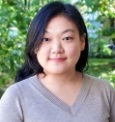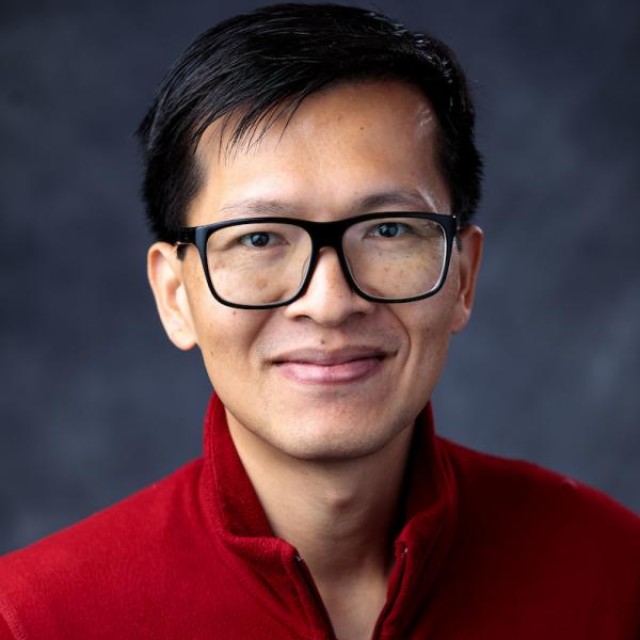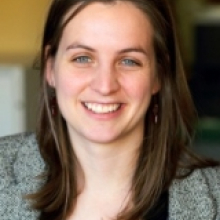

Phonetic imitation: representation, sound change, and other theoretical implications
Organizers
|
|
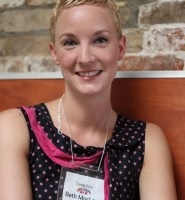 |
|
| Harim Kwon Seoul National University (Republic of Korea) |
Beth MacLeod Carleton University (Canada) |
Kuniko Nielsen Oakland University (United States) |
Discussants
|
|
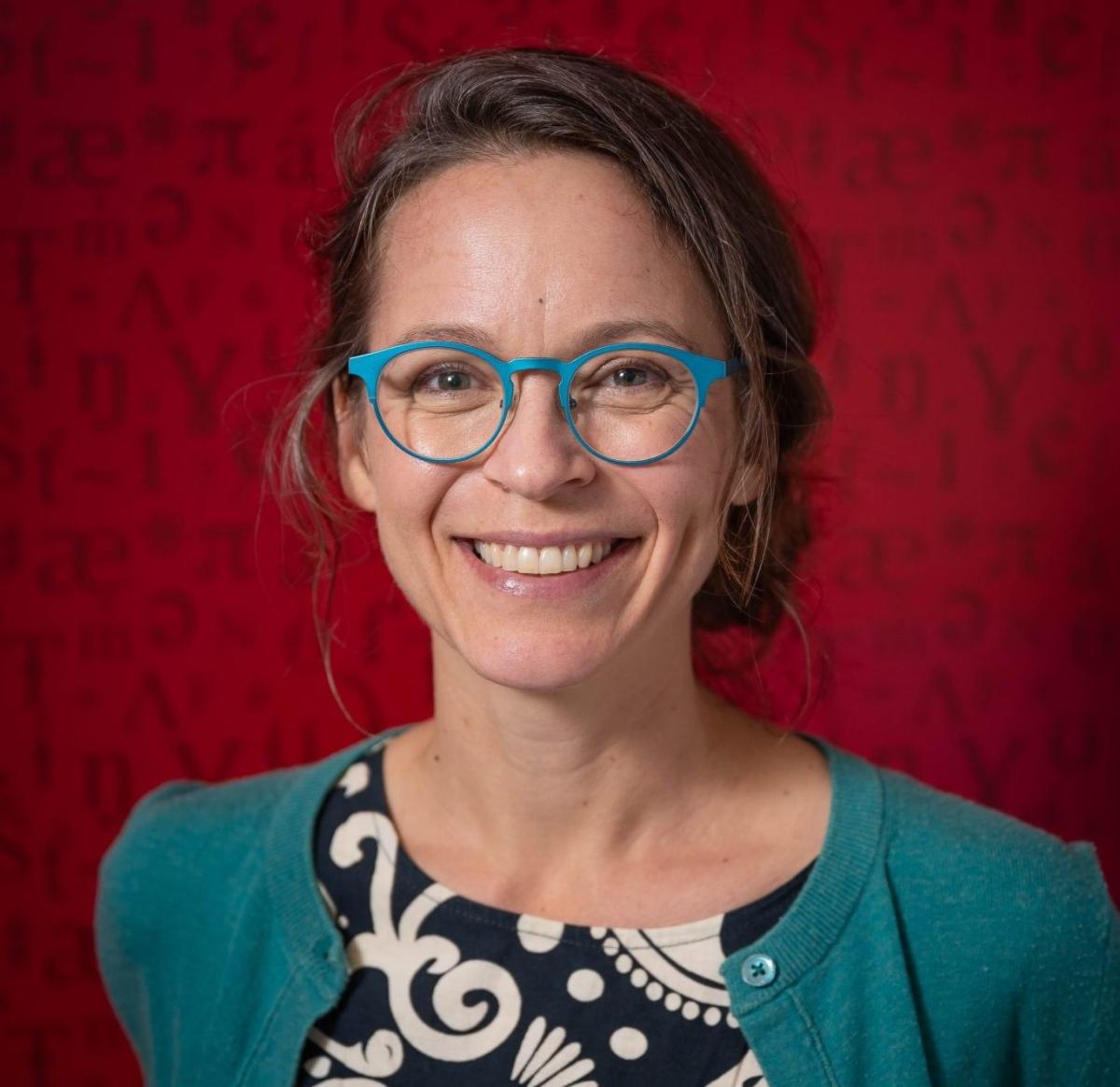 |
|
| Alan Yu University of Chicago (United States) |
Molly Babel University of British Columbia (Canada) |
Meghan Clayards McGill University (Canada) |
Workshop information
Date/Time: 13:30-17:00, Wednesday 26 June 2024
Location: 615, HIT, Hanyang University
Workshop Registration
Program
| 13:30 - 13:35 | Welcome |
| 13:35 - 14:35 | Session 1: On Phonological Representations |
| 3 talks, 10 minutes + 5 minutes for questions each | |
| Yujin Song & Cynthia G. Clopper (Ohio State University) | |
| Abstraction in implicit and explicit imitation of intonation | |
| Jessamyn Schertz, Priscilla Fung, and Elizabeth Johnson (University of Toronto Mississauga) | |
| Influence of a bilingualism on phonetic imitation in children: a preliminary study | |
| Wei Zhang, Meghan Clayards, Morgan Sonderegger (McGill University) | |
| Exploring the link between perception and imitation of Mandarin flat-falling tonal contrast at individual level | |
| Commentary by Dr. Molly Babel, University of British Columbia (15 minutes) | |
| 14:35 - 15:25 | Poster Session (with coffee) |
| Kuilin Li (McGill University) | |
| Speech imitation: Improvement with practice | |
| Daiki Hashimoto (Joetsu University of Education) & Jen Hay (University of Canterbury) | |
| Cross-dialect convergence in the laboratory: Imitation and extension | |
| Margarethe McDonald (University of Kansas) | |
| Difficulty in capturing a stable perception-production link in children | |
| Sophia Sedigh Afshar (Carleton University) | |
| Production of /i/-/ɪ/ vowel contrast by Spanish learners of English: a phonetic imitation study | |
| Ivy Hauser (University of Texas at Arlington) & Melissa Baese-Berk (University of Chicago) | |
| Clear speech, not phonological contrast, constrains imitation of English sibilants | |
| Grace Cao (The Chinese University of Hong Kong) | |
| Exploring L2 speech accommodation: Convergence patterns in accommodating similar and new L2 categories | |
| Erik Morris (Université Paris Cité), Ioana Chitoran (Université Paris Cité), Hiyon Yoo (Université Paris Diderot) | |
| Cross-linguistic imitation in naive listeners: A case study in Greek | |
| Jiexuan Lin, Yaohua Luo, Rendong Cai (Guangdong University of Foreign Studies) | |
| The effect of perceived identity on L2 phonetic imitation | |
| Fujie Yin, Jiexuan Lin, Rendong Cai (Guangdong University of Foreign Studies) | |
| Attention allocation in L2 phonetic imitation | |
| 15:25 - 16:40 | Session 2: Sound Change & Methods |
| 4 talks, 10 minutes + 5 minutes for questions each | |
| Koen Sebregts (Utrecht University) | |
| Constraints on phonetic convergence: creaky voice on the college campus | |
| Hon Chuen Shih & Yao Yao (The Hong Kong Polytechnic University) | |
| Revisiting the imitation of fundamental frequency and tones: Evidence from Cantonese | |
| Uriel Cohen Priva (Brown University) & Chelsea Sanker (Stanford University) | |
| Switchboard speakers’ vowels’ covary, but they do not converge | |
| Suyuan Liu, Molly Babel, Jian Zhul (University of British Columbia) | |
| What is similarity? Approaches to the quantification to vocal similarity | |
| Commentary by Dr. Alan Yu, University of Chicago (15 minutes) | |
|
16:40 - 17:00 |
General discussion |
|
Commentary by Dr. Meghan Clayards, McGill University
|
Call for papers
A growing body of research on phonetic imitation or convergence has found that imitative patterns are influenced by a wide range of linguistic, social, and cognitive variables (e.g., Babel, 2012; Mielke et al., 2013; Mitterer & Ernestus, 2008; Pardo, 2006; Yu et al., 2013). The purpose of this workshop is to address the implications of these findings for advancing speech perception and production theories, with a particular focus on cognitive representations of speech sounds and sound change. We will further present an overview of the state of the field, highlighting research on phonetic imitation through different frameworks and methodologies.
We invite abstracts on research relating to the theoretical implications of phonetic imitation, ideally considering its connection with phonological representations or sound change. Some possible questions to be explored in the workshop include:
- What can phonetic imitation tell us about the nature of the perception-production link?
- Does imitation target specific acoustic / articulatory aspects, abstract representations, or both?
- What is the relation between perceptual learning and phonetic imitation?
- How do imitative behaviors contribute to the initiation or the spread of sound change?
- How do the imitative changes spread across the lexicon and how is the process guided by the
- grammar?
Note that other questions and topics are also encouraged, as long as they are related to theoretical implications of imitation.
The workshop will include two thematic sessions: 1) imitation and phonological representation, and 2) imitation and sound change. Accepted research will be presented as either (a) an oral presentation of 10 minutes (in one of the thematic sessions) or (b) a poster presentation. Abstracts should not exceed one page (single-spaced, 12pt font) including figures and references.
Submission information
Please submit a one-page abstract (11pt font), including figures and references, to nielsen@oakland.edu by Friday 15 22 March 2024 (by the end of the day, Anywhere on Earth time).
Timeline
Abstract submission deadline: March 15, 2024
Notification of acceptance: March 31, 2024
Workshop program announced: April 30, 2024
Contact information
Harim Kwon, Associate Professor, Seoul National University (harimkwon@snu.ac.kr)
Beth MacLeod, Associate Professor, Carleton University (beth.macleod@carleton.ca)
Kuniko Nielsen, Associate Professor, Oakland University (nielsen@oakland.edu)
▶ CorpusPhon
▶ Variance and invariance in Phonological Representation: Insights from Articulation

